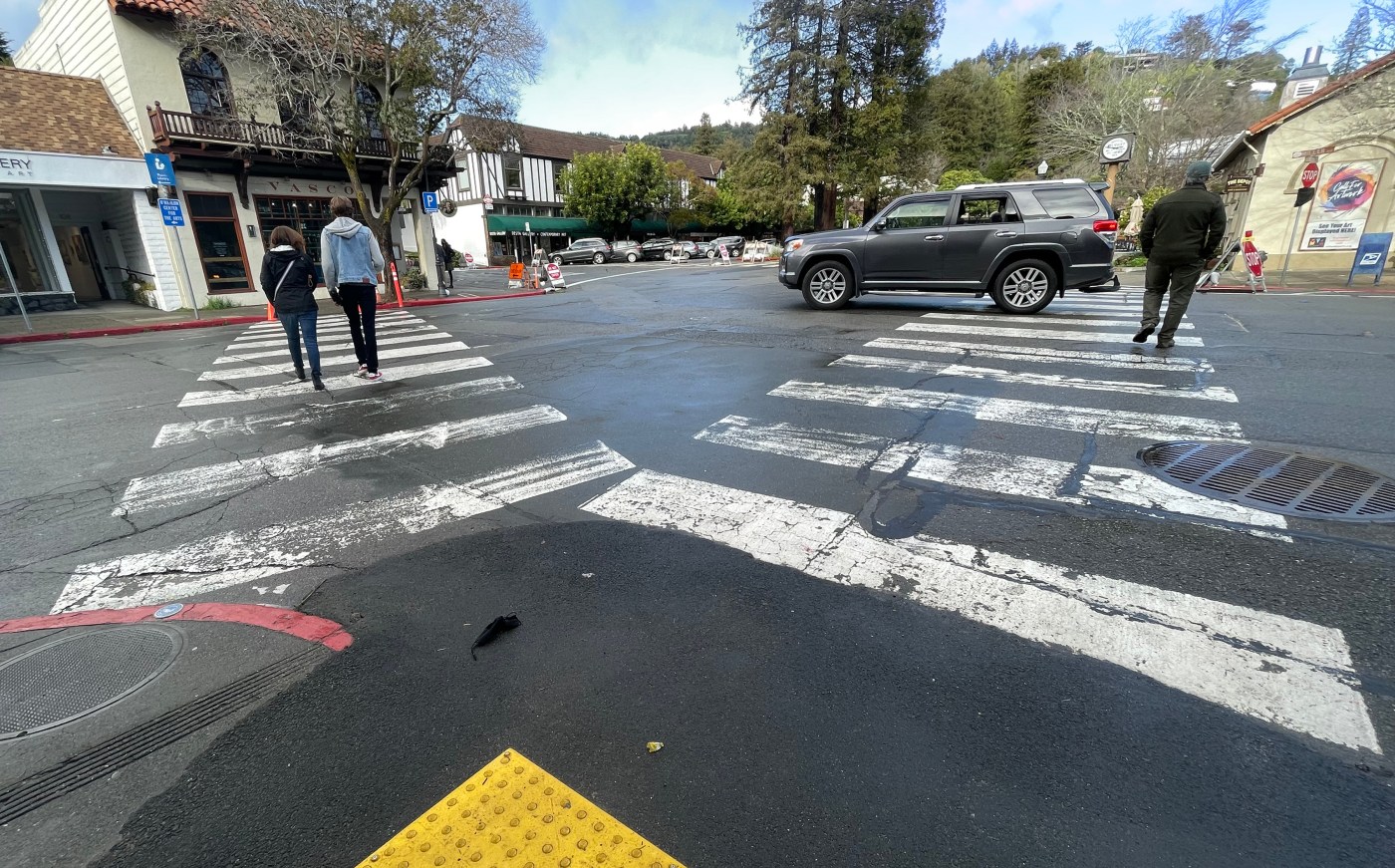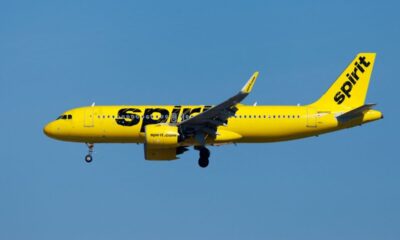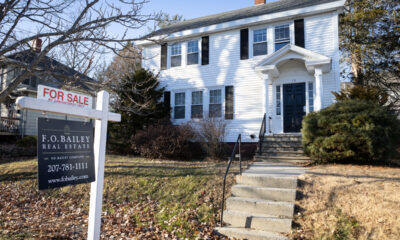Business
Mill Valley Plans Voter Measure for Municipal Service Tax Renewal

Mill Valley is preparing to propose an extension of its municipal service tax (MST) to voters, aiming to sustain funding for road repairs and vegetation management over the next decade. This potential measure was discussed during a City Council meeting on October 20, where City Manager Todd Cusimano presented an assessment of the MST as part of broader discussions on local revenue and infrastructure needs.
The current MST, approved in 2016, imposes an annual tax of $266 on single-family residences, generating approximately $2 million each year. This tax represents the city’s primary source of revenue for its paving programs and is set to expire in the 2026-2027 fiscal year. City officials indicated that a decision to place the measure on the ballot would follow thorough planning and public consultation.
“We will have to continue with the MST,” Cusimano stated, emphasizing the importance of continued funding for infrastructural improvements. He noted that if managed effectively over the next ten years, the city might eliminate the need for such a tax in the future. Councilmember Urban Carmel reinforced this perspective, describing the tax as a temporary solution rather than a permanent fixture.
During the meeting, Public Works Director Andrew Poster highlighted the impact of the MST on Mill Valley’s streets. Over its first decade, the MST generated around $20 million, significantly improving the city’s pavement quality. Cusimano shared that the pavement index rose from 58 in 2014 to 74 by 2023-2024, illustrating the progress made.
“We’re right in the middle of where we want to be,” Cusimano remarked, as he outlined future plans for road treatment. Moving forward, the focus will shift towards residential areas, ensuring comprehensive coverage in the city’s infrastructure strategy. The detailed roadmap for upcoming projects is expected to be presented to the council in November, allowing for informed policy decisions regarding the MST’s future.
Mill Valley has utilized various funding sources for its paving projects, including general fund receipts, road impact fees, gas taxes, and grants from different levels of government. Poster indicated that the MST remains the predominant source of funding, significantly shaping the city’s paving program based on council-set priorities regarding street conditions.
As the city prepares for the potential ballot measure, community engagement will be critical. City officials plan to assess public input and present detailed proposals to ensure transparency and support for the MST extension. The upcoming decision reflects Mill Valley’s commitment to maintaining and enhancing its infrastructure for the benefit of its residents.
-

 Science1 week ago
Science1 week agoResearchers Challenge 200-Year-Old Physics Principle with Atomic Engines
-

 Politics1 week ago
Politics1 week agoNHP Foundation Secures Land for 158 Affordable Apartments in Denver
-

 Health1 week ago
Health1 week agoNeuroscientist Advocates for Flag Football Until Age 14
-

 Lifestyle1 week ago
Lifestyle1 week agoLongtime Friends Face Heartbreak After Loss and Isolation
-

 World1 week ago
World1 week agoGlobal Military Spending: Air Forces Ranked by Budget and Capability
-

 Health1 week ago
Health1 week agoFDA Launches Fast-Track Review for Nine Innovative Therapies
-

 Top Stories2 days ago
Top Stories2 days agoUrgent Search for Suspect Who Exposed Himself to Teen Girl
-

 Top Stories2 weeks ago
Top Stories2 weeks agoUnforgettable Moments: The Best Victoria’s Secret Performances
-

 Business1 week ago
Business1 week agoSpirit Airlines Cuts Workforce with Furloughs for 365 Pilots
-

 Politics1 week ago
Politics1 week agoIsraeli Air Strikes in Lebanon Kill One, Wound Seven Amid Tensions
-

 World1 week ago
World1 week agoTroops to Enjoy Buffalo Chicken, Thai Curry in 2026 MREs
-

 Business1 week ago
Business1 week agoMaine Housing Inventory Surges to Post-Pandemic High









